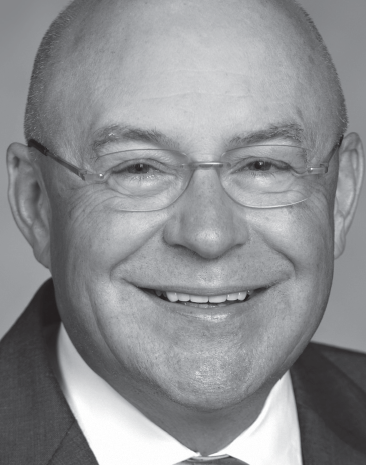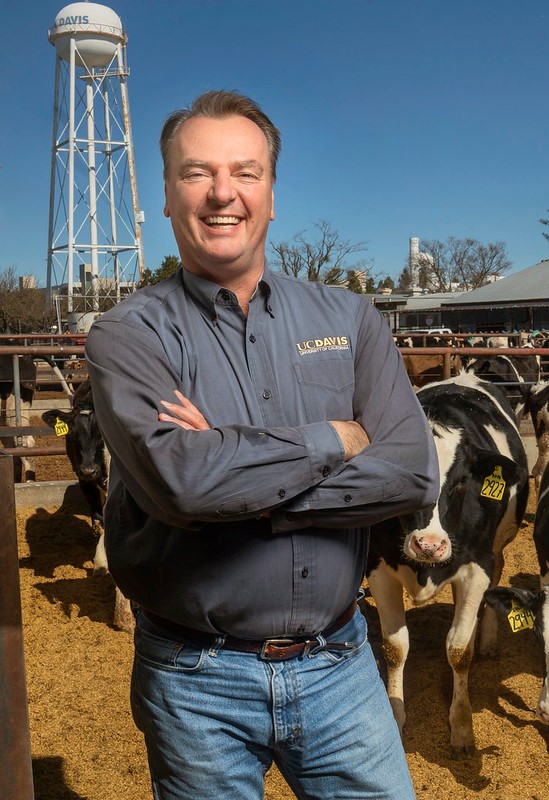On March 1, 2013, Steve Hunt presented the first Henry C. Gardiner Lecture. Steve’s presentation was a fitting discussion and illustration of Henry C. Gardiner's vision for the beef industry — a value-based system that rewards a producer for a better product.
Past lectures
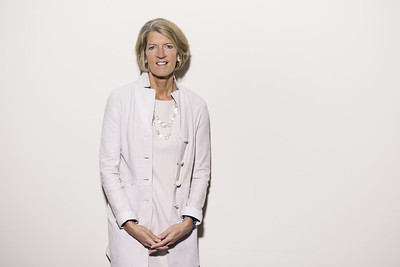 The Future of Ag is Rooted in Tomorrow: A Conversation with Beth Ford
The Future of Ag is Rooted in Tomorrow: A Conversation with Beth Ford
Beth Ford, Land O'Lakes president and CEO
Beth Ford, the president and Chief Executive Officer of Land O’Lakes, Inc. was the featured speaker for the 2022 Henry C. Gardiner Global Food Systems at Kansas State University.
One of the things Ford focused on throughout the talk was the future of food security.
"I think what has surprised me is how little everybody knows about agriculture and the food supply and it's frightening, actually. When I say, 'Food security is national security,' everybody is like, 'Oh yeah I agree with that.' I don't know if people just think that food just pops up on the retail shelf and that's all good, but the challenges of this global food supply — and it is a global challenge. We have to make more food by 2050 than the last 5,000 years combined — that is the challenge. This is meaningful work, this is important work and it starts with the farmer. Yet there are many issues, right? Less arable land, less available water. By 2030, global water demand will outstrip supply by 56 percent where the population growth is happening, where it is less productive from an agricultural perspective, where there is less water."
Ford ended by praising farmers and encouraging them to speak up for their needs and show that the work they do is important.
"I believe farmers are incredible. It's amazing to me that less than one percent of us feed people around the world. What a worthy endeavor. It is the greatest privilege of my career for 36 years to work on our farmer's behalf and on their family's behalf, so we're pretty loud about that." "My belief and what I've seen is there's a humility that is part of agriculture. My wish is that farmers and that the folks who are involved with agriculture would be louder. Asking for the things that they need. Food security is national security and already so much is invested by farmers and their communities all the time and we need to put voice to it."
Rethinking Methane: Animal Agriculture’s Path to Climate Neutrality
Frank Mitloehner
Professor and Air Quality Extension Specialist, Department of Animal Science UC Davis
Frank Mitloehner, a sustainability expert who has spent nearly two decades studying the relationship between the livestock industry and air quality was the featured speaker for the 2021 Henry C. Gardiner Global Food Systems lecture at Kansas State University's McCain Auditorium.
Mitloehner talked about the complexity with the impact of livestock emissions on the climate, such as how a steer in the U.S. is different than a steer in Ethiopia or Australia. Such differences make global averages for climate change not always the most reliable.
He also pointed out that better understanding of livestock emissions and mitigation processes and educating farmes and ranchers how to reduce their impacts can help reduce overall warming impacts and lead to the opposite: a cooling effect.
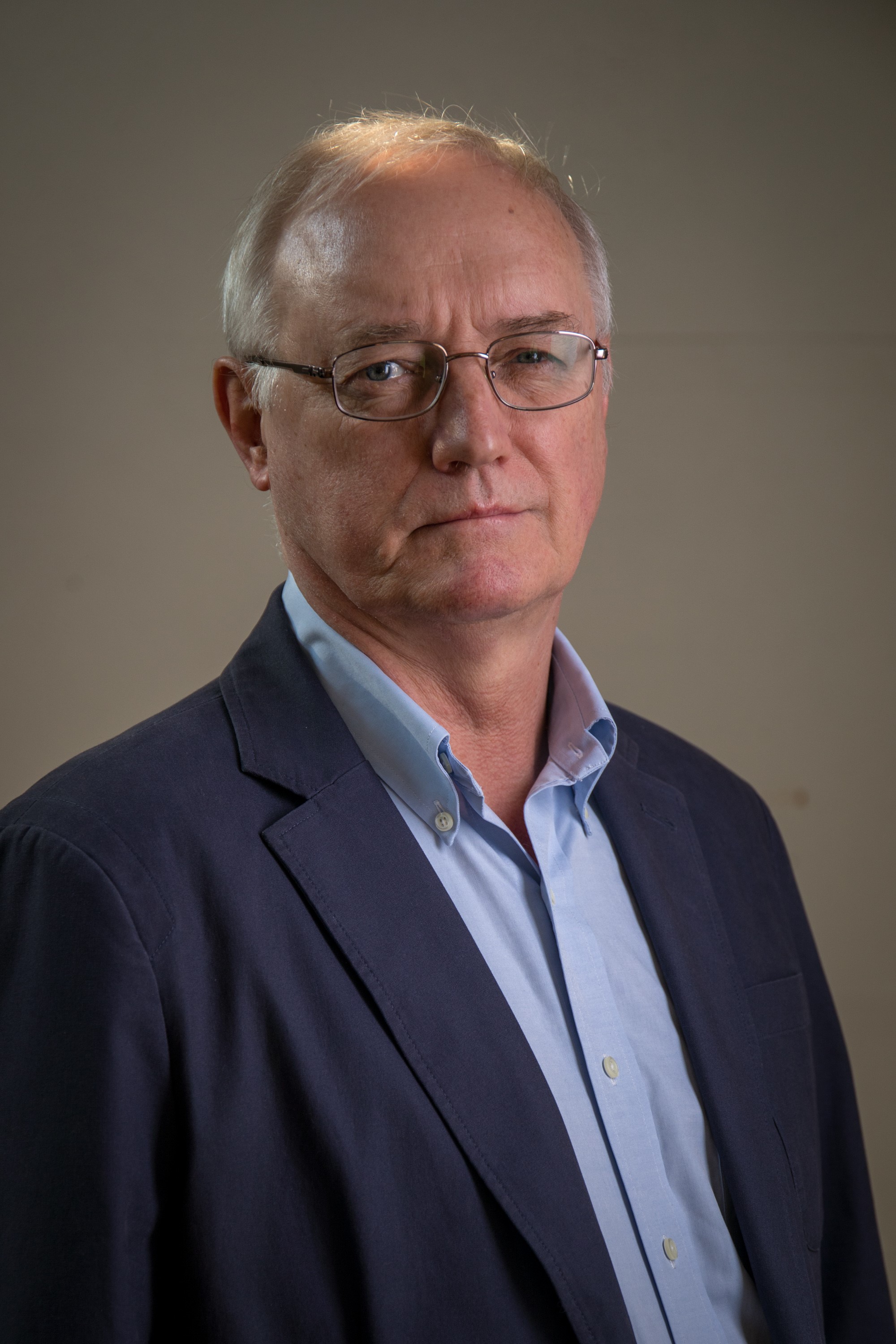
Living in the Human Age
Dennis Dimick
Former Executive Environment Editor National Geographic Magazine
Dennis Dimick, an American journalist, photographer, presenter and educator delivered the 2019 Henry C. Gardiner Global Food Systems Lecture. Dennis served for years as executive environmental editor for National Geographic magazine and was a photo editor for the National Geographic Society for more than 35 years until retiring in December 2015. He continues in a consulting editorial role. Dimick’s talk highlighted photographs that evaluate humanity’s expanding presence in the emerging Anthropocene era, a new “age of man” marked by a rise in long-term impacts resulting from our expanding quest for resources, energy, water and food.
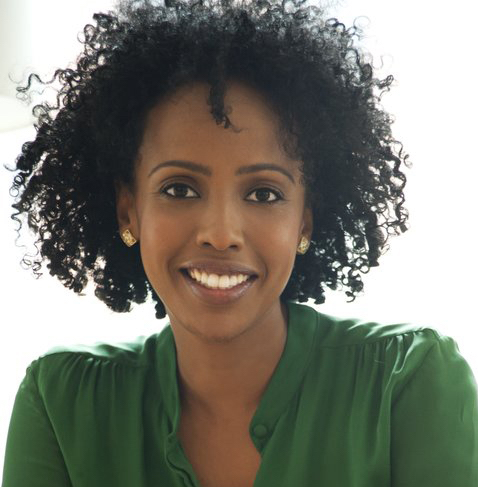 Why There Doesn't Need to Be a Global Food Crisis
Why There Doesn't Need to Be a Global Food Crisis
Sara Menker
Founder and CEO Gro Intelligence
October 2018
Sara Menker, founder and CEO of Gro Intelligence, quite a prestigious job as a Wall Street commodities trader to form a company that aims to find solutions to world hunger. Bro Intelligence is a technology company that is bridging the information gap in agriculture by providing data that can help farmers and others in the agricultural industry determine the most efficient way to grow food in different regions around the world.
Meeker earned degrees in economics and African Studies at Mount Holyoke College and the London School of Economics. She also holds an MBA from Columbia University. She delivered a TED talk on the subject of a global food crisis.
Read full lecture transcript (PDF)
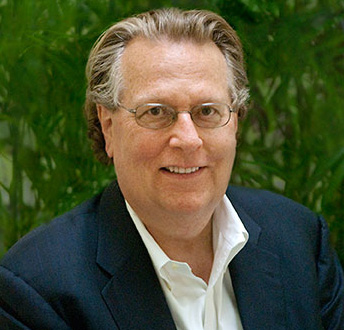 Feeding the World, Sustaining the Planet
Feeding the World, Sustaining the Planet
Jason Clay
Sr. Vice President, Markets and Food, World Wildlife Fund
Jason Clay, Senior Vice President for Markets and Food at World Wildlife Fund, works with some of the world’s largest companies to reduce their impact on the environment.
In addition to his work with WWF, he is the author of 20 books and is National Geographic’s first-ever Food and Sustainability Fellow. Clay created one of the first U.S. fair-trade ecolabels and has been involved in developing many other standards for commodities such as cotton, shrimp and sugarcane.
Early in his career, Clay received a PhD in Anthropology and International Agriculture as a result of his interest in sustainability from working on and then running the family farm. Over the course of his career, he worked with the U.S. Department of Agriculture, taught at Harvard and Yale and was awarded the 2012 James Beard Award for his work on global food sustainability. He spent 15 years working on human rights with indigenous people, refugees and famine victims.
Read full lecture transcript (PDF)
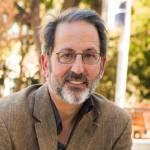 Water, Food, and Energy: Interwoven challenges to sustainable resource management
Water, Food, and Energy: Interwoven challenges to sustainable resource management
Jay Famiglietti
Hydrologist and Professor, University of California-Irvine
Climate Change and the Future of Food Production
Greg Page
Executive Chairman, Cargill
Page, a Cargill employee since 1974, presented as part of the university's Henry C. Gardiner Global Food Systems Lecture Series on October 12, 2015.
In addition to his work at Cargill, Page is a member of the Risky Business project, which was formed in mid-2014 to prepare American companies for climate change. Page serves on the project's risk committee, which includes five former White House cabinet members, two former mayors, two billionaires and several distinguished businessmen.
As a member of the project's risk committee, Page has urged members of Congress and U.S. farmers to take climate change seriously. He encourages American business and government leaders to have serious conversations about accommodating climate change scenarios in the future.
2050: Agriculture's Role in Mitigating Global Challenges
